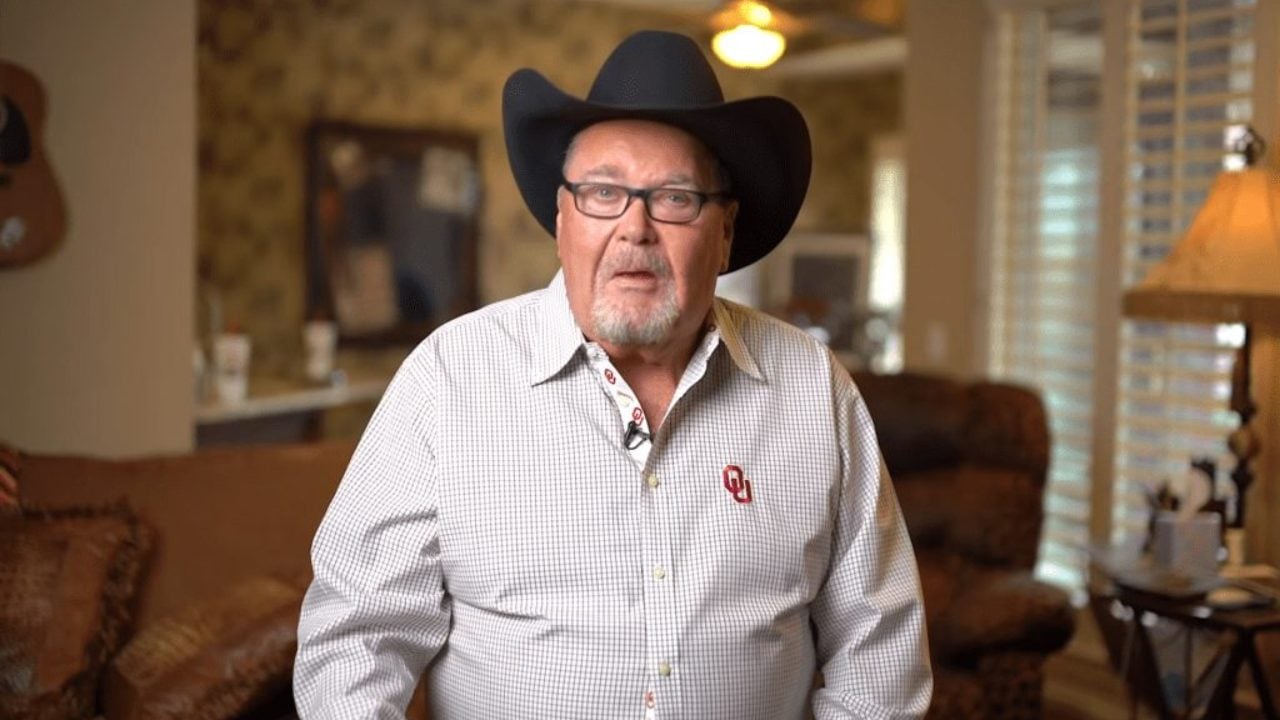In a recent episode of his podcast, “Grilling JR”, WWE Hall of Famer Jim Ross discussed a variety of subjects, including the docuseries “Who Killed WCW?” Ross shared his insights, arguing that the downfall of WCW should be attributed more to corporate organizations (AOL/Time Warner) rather than individuals like Eric Bischoff.
Key points from the podcast include:
On the question of who was responsible for WCW’s downfall, Ross said, “In my opinion, it’s not just one individual’s fault. I believe it was a collaborative effort. However, I strongly believe that the top-tier executives, who pulled the strings and had financial control, decided to cut the deal. When they did, WCW’s demise came swiftly; it was over. Hence, I would say the corporate elements had a larger role in it than any one individual. Attempts to put blame on individuals, with Bischoff often bearing the brunt, may be justified, or perhaps not. Now that we are discussing this, many people like Bret Hart are sharing their views. Regardless of whether I agree with them, these perspectives are worthy of consideration. In the end, I believe it was a corporate matter, and not entirely Bischoff’s fault. If he’s blamed for the downfall, then he should also be credited for the success WCW had.”
About Bischoff not receiving sufficient internal support, Ross said, “Bischoff performed admirably there. However, he was unfortunate as the internal structure didn’t support him as well as it could have. He did an excellent job, navigating through politics and handling a talent-dependent company laden with egos. I lean towards the corporate elements as the entity responsible for WCW’s downfall. However, certain unavoidable incidents happened that complicate the story, like poor live events attendance due to WCW not delivering what the audience wanted to see.”
Ross later reflected on how his career intersection with WCW shaped his future. He shared, “Despite everything, it was a remarkable experience to be part of most of it. The smartest career move I ever made was moving on and working for Vince. It sounds harsh but it’s the truth. Working with Vince for many years allowed me to achieve considerable success and build a robust roster, specifically during the Attitude Era. This roster was packed with Hall of Famers and top-notch talents. We cultivated several great stars that propelled us forward. Discovering talents like Stone Cold, and Rock, among others, helped us create a wave. The energy and talent they brought drove other competitors, like Triple H and Cactus Jack, to step up. All in all, it was a remarkable run. I’m grateful for the chance to have been part of it and to have shaped my career around it.”

